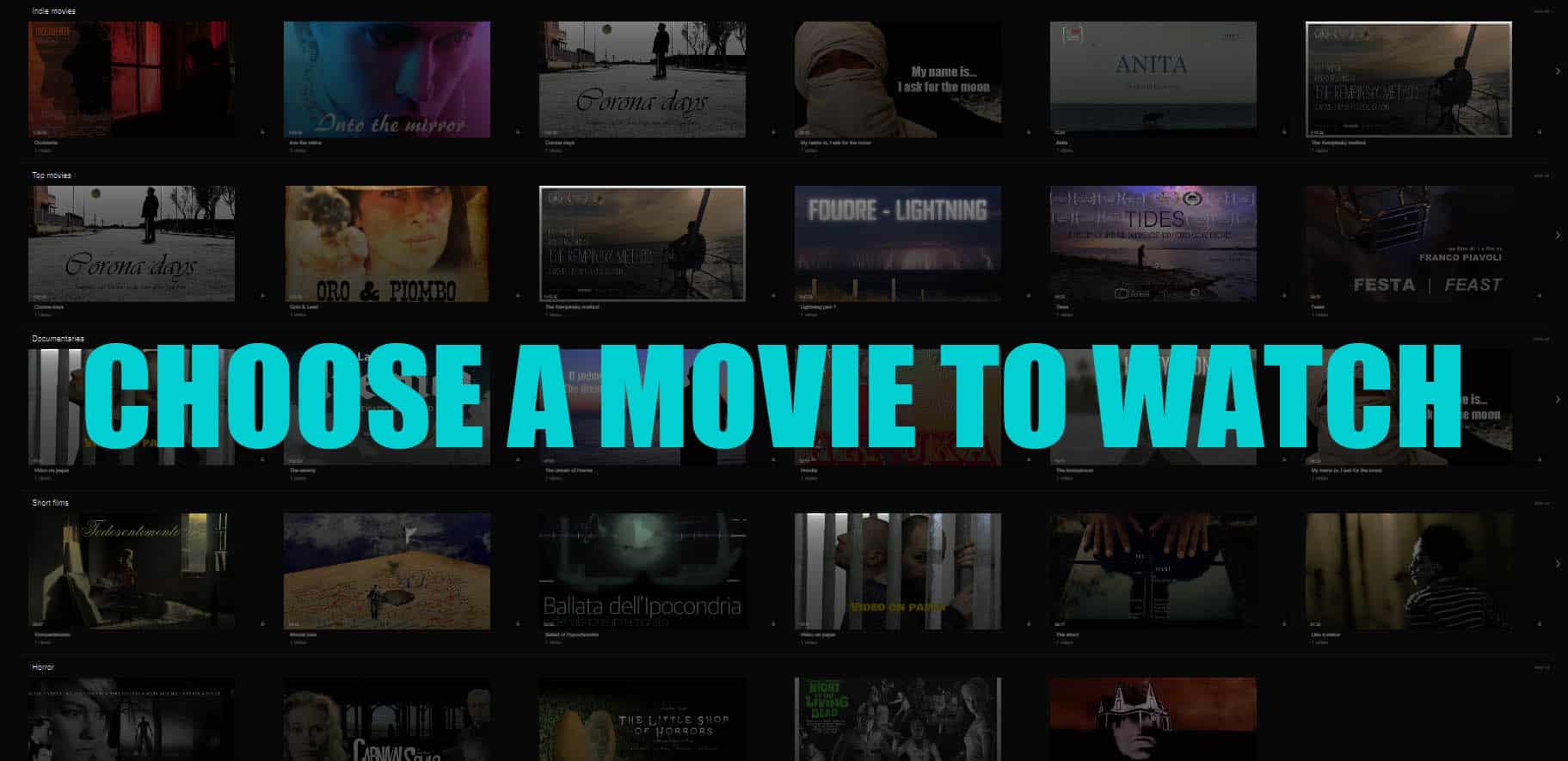Introduction
Luc Besson is a French film director, screenwriter, and producer born in Paris on March 18, 1959. He is one of the most important directors working today in France, and his films have been widely acclaimed by critics and audiences around the world.
Childhood and Adolescence
Luc Besson was born in Paris, in the 15th arrondissement, to a family of modest means. His father, Claude, was an engineer, and his mother, Danièle, was a housewife. As a child, Luc Besson was an avid fan of cinema and comics. He attended Lycée Pasteur in Paris, but dropped out at the age of 16 to pursue a career in film.
Early Film Career
Luc Besson began his film career as an assistant director on the film “Le Dernier Combat” (1983) by Jean-Pierre Jeunet and Marc Caro. His first film as a director was “L’Avant Dernier” (1981), a science fiction short film. In 1985, Luc Besson directed his first feature film, “Subway”, a thriller set in the Paris metro. The film was a critical and commercial success, and won the award for best direction at the Cannes Film Festival.
Early Films
In the years that followed, Luc Besson made a string of successful films, including “Le Grand Bleu” (1988), an underwater adventure film, “La Femme Nikita” (1990), an action thriller, and “Atlantis” (1991), a science fiction film. These films cemented Besson’s reputation as one of the most talented and innovative French directors.
Career

Over the course of his career, Luc Besson has made a wide range of films, from action films to adventure films, from science fiction films to dramas. Some of his most famous films include “Leon” (1994), “The Fifth Element” (1997), “Taxi” (1998), “The Messenger: The Story of Joan of Arc” (1999), “Valerian and the City of a Thousand Planets” (2017), “Anna” (2019), and “The Lady” (2011).
Awards
Luc Besson has won numerous awards for his work, including the award for best direction at the Cannes Film Festival for “Subway”, the César Award for best director for “La Femme Nikita”, and the César Award for best original screenplay for “The Fifth Element”.
Themes in Films
Luc Besson’s films are often characterized by recurring themes, including the strength of women, the struggle for freedom, the search for meaning in life, and the exploration of science fiction themes.
Cinematic Style
Luc Besson’s cinematic style is characterized by a strong visual component, with frequent use of special effects and spectacular action sequences. His films are often characterized by a fast pace and a great deal of narrative tension.
Trivia and Anecdotes
- Luc Besson is a great fan of cinema and comics. He has said that he has drawn inspiration for his films from the works of directors such as Akira Kurosawa, Steven Spielberg, and Sergio Leone, and from comics such as “Spider-Man” and “Batman”.
- Luc Besson has been married four times, to Anne Parillaud, Maïwenn, Milla Jovovich, and Virginie Silla. He has five children.
- Luc Besson is a great philanthropist. He founded the Luc Besson Foundation, which supports social projects in France and around the world.
Films
Luc Besson is one of the most important and influential directors working in French cinema today. His films have been widely acclaimed by critics and audiences around the world, and have helped to define French cinema in recent decades.
L’Avant dernier – short film (1981)
Genre: Science fiction
Plot: A man is killed by a bomb. His spirit wanders through Paris, looking for a way to come back to life.
Reception: The short film was screened at the 1981 Cannes Film Festival, where it won the award for best short film.
Le Dernier Combat (1983)
Genre: Science fiction
Plot: In a post-apocalyptic future, two men face off in a deadly duel.
Reception: The film was a critical and commercial success, and won the award for best film at the Avoriaz Fantastic Film Festival.
Subway (1985)
Genre: Thriller
Plot: A group of people’s lives intersect in the Paris subway.
Reception: The film was a critical and commercial success, and won the award for best direction at the Cannes Film Festival.
Le Grand Bleu (1988)
Genre: Adventure
Plot: Two friends, Jacques Mayol and Enzo Molinari, challenge each other in the world of freediving.
Reception: The film was a critical and commercial success, and is considered one of the best underwater films ever made.
Nikita (1990)
Genre: Action
Plot: Nikita, a young assassin, is saved by the French government and turned into a secret agent.
Reception: The film was a critical and commercial success, and is considered one of the best action films of the 1990s.
Atlantis (1991)
Genre: Documentary
Plot: A documentary about the history and culture of Atlantis.
Reception: The documentary was a critical and commercial success, and was screened at the 1991 Cannes Film Festival.
Léon (1994)
Genre: Action
Plot: Léon, a professional hitman, takes care of Mathilda, a 12-year-old girl who witnessed the murder of her family.
Reception: The film was a critical and commercial success, and is considered one of the best action films of the 1990s.
Le Cinquième Élément (1997)
Genre: Science fiction
Plot: In 2263, Earth is threatened by an ancient evil entity. The fate of the planet depends on a pizza delivery boy, Korben Dallas, and a mysterious woman, Leeloo.
Reception: The film was a critical and commercial success, and is considered one of the most iconic science fiction films of the 1990s.
The Messenger: The Story of Joan of Arc (1999)
Genre: Drama
Plot: The story of Joan of Arc, the young woman who led France to victory in the Hundred Years’ War.
Reception: The film was a critical success, but did not have the hoped-for commercial success.
Angel-A (2005)
Genre: Drama
Plot: A down-on-his-luck man meets a mysterious woman who could be his salvation.
Reception: The film was a critical success, but did not have the hoped-for commercial success.
Arthur and the Minimoys (2006)
Genre: Adventure
Plot: Arthur, a 10-year-old boy, discovers a secret world inhabited by tiny creatures called Minimoys.
Reception: The film was a critical and commercial success, and was followed by two sequels.
Arthur and the Revenge of Maltazard (2009)
Genre: Adventure
Plot: Arthur must save the world of the Minimoys from Maltazard, an evil sorcerer.
Reception: The film was a critical and commercial success, and was followed by a sequel.



